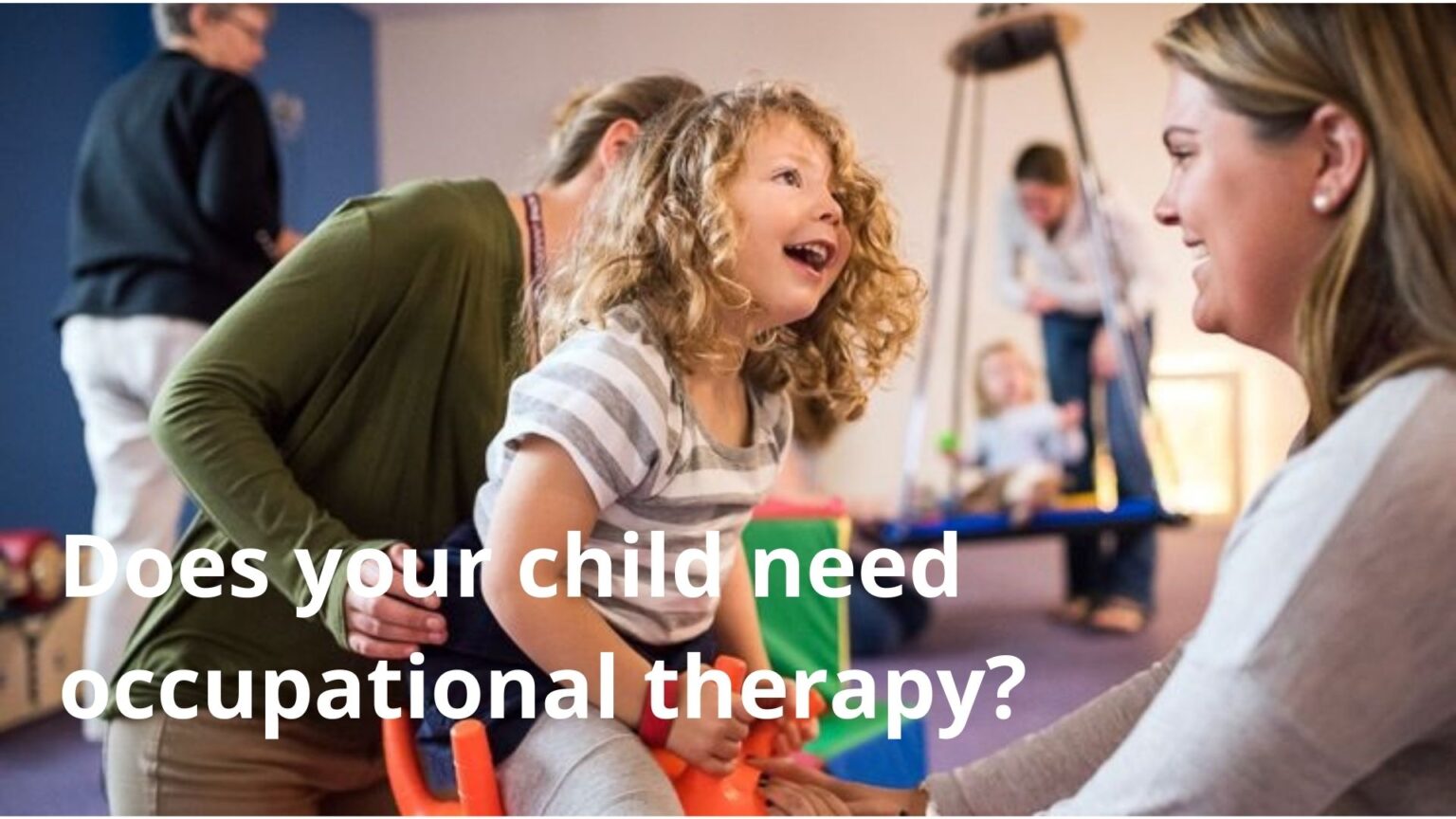For kids, playing is their occupation. It lays the foundation for development of various life skills. Children learn by exploring their environment. They learn how to navigate the world around them, build a critical understanding of societal norms, and develop key relationships with other people by playing only. Some children are unable to acquire some of the essential life skills they need to accomplish on their own and somewhat lack to fulfill their general demands of life. They might experience issues with gross or fine motor skills, maintaining a two way communication or expressing their needs.
But there is hope!
A pediatric occupational therapist can help provide those young children with known techniques and strategies in order to successfully thrive and grow into healthy, independent adults. An occupational therapist can make a big difference in the life of children having developmental delay by bridging the barriers in their growth.
The purpose of Occupational Therapy is to make individuals independent in all aspects of their lives and to make the individual get back to his occupation.
Occupational therapy is a treatment that supports a child and their family when they experience difficulties in the areas outlined below.
- Developmental Delay
- Not achieving age appropriate developmental milestones like neck holding, rolling over, sitting, crawling, walking
- Not learning age appropriate play and social skills
- Gross motor skills
- Climbing Stairs
- Jumping and Running
- Throwing and catching a ball
- Poor concept of Right and left
- Poor Balance
- Coordinating both sides of the body
- Fearful of feet leaving the ground
- Fine motor skills
- Holding a small object or pencil
- Putting things into a container
- Buttoning and unbuttoning
- Coloring, Drawing, Painting, Scribbling
- Tying shoe laces
- Not developing a hand dominance at an age appropriate time
- Using scissors
- Hand manipulation (manipulating toys and puzzles)
- Visual Processing
- Problem in copying from board or another paper
- Problem with recognizing letters and numbers
- Difficulty in finding one object among others
- Difficulty with spacing and sizes of letters
- Difficulty in identifying information from picture, charts, graphs
- Sensory Processing
- Overly sensitive or heightened response to light, touch and sound.
- Under-responsive to certain sensations (e.g., high pain tolerance, doesn’t notice cuts/bruises)
- Constantly moving, jumping, crashing, bumping
- Gets distracted easily
- Difficulty coping with change
- Oral Motor/Oral Sensory
- Excessive drooling
- Inability to drink from straw at an age appropriate time
- Chewing food in front of mouth rather than on molars
- Lengthy bottle or breast feeding
- Social Interaction skills
- Difficulty in sharing toys and games
- Difficulty in engaging with peers and family members
- Can’t engage in group activities
- Can’t cope up in school environment
- Learning challenges
- Unable to concentrate and focus
- Distracts easily
- Difficulty learning new concepts
- Difficulty in following instructions and completing the task
- Hyperactivity or low energy
- Play Skills
- Does not explore toys appropriately
- Moves aimlessly without any purposeful play
- Participates in repetitive play for several hours (lining up toys)
- Difficulty with imitative play
- Needs adult’s guidance to initiate play
- Activities of Daily Life (ADL)
- Unable to dress and undress himself/herself
- Unable to comb his/her hair on his own at an age appropriate time
- Difficulty in feeding and grooming themselves
Post Views: 605

